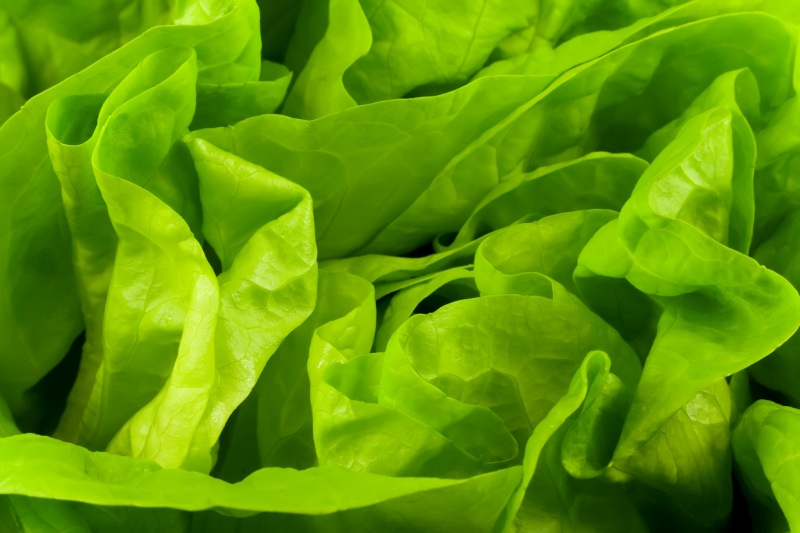The Case of Baby Blues
I sat down to dinner with my new baby, at home, on my own. My mum had gone home, after ...
Read MoreImportant notice to customers — product packaging changesLearn More
NEW FOOD PACKAGING IN STORE NOW
From August 2018, customers will notice our rebranded food packaging start to appear on shelf in all major stockists.
 CURRENT Packaging
CURRENT Packaging

 new Packaging
new Packaging
We are excited to announce our new packaging will start to appear on shelf from August 2018. This transition to new packaging will occur over a number of months. During this time there will be a mix of current and new packaging on shelf.
There are no major changes to these products, in some instances there is a small name change or slight recipe improvement, see below for the full details.
Products purchased via the website will be delivered to customers in our old packaging until the end of October. From November, products ordered from the website will be delivered in the new packaging.
Please note, our Infant Formula packaging will not be rebranded until later in 2019.
For any questions, connect with our team of accredited practising Dietitians on +61 3 6332 9200
Product name changes
 CURRENT Packaging
Organic Baby Rice
CURRENT Packaging
Organic Baby Rice

 NEW Packaging
Organic Rice with Prebiotic (GOS)
Note: Our Baby Rice recipe has been upgraded to now include GOS Prebiotic
NEW Packaging
Organic Rice with Prebiotic (GOS)
Note: Our Baby Rice recipe has been upgraded to now include GOS Prebiotic
 CURRENT Packaging
Organic Vanilla Rice Custard
CURRENT Packaging
Organic Vanilla Rice Custard

 NEW Packaging
Organic Milk & Vanilla Baby Rice
NEW Packaging
Organic Milk & Vanilla Baby Rice
 CURRENT Packaging
Organic Apple & Cinnamon Porridge
CURRENT Packaging
Organic Apple & Cinnamon Porridge

 NEW Packaging
Organic Apple & Cinnamon Baby Porridge
NEW Packaging
Organic Apple & Cinnamon Baby Porridge
 CURRENT Packaging
Organic Banana, Pear & Mango
CURRENT Packaging
Organic Banana, Pear & Mango

 New Packaging
Organic Banana, Pear, Apple & Mango
New Packaging
Organic Banana, Pear, Apple & Mango
 CURRENT Packaging
Organic Mango, Blueberry & Apple
CURRENT Packaging
Organic Mango, Blueberry & Apple

 New Packaging
Organic Blueberry, Mango & Apple
New Packaging
Organic Blueberry, Mango & Apple
 CURRENT Packaging
Organic Peach & Apple
CURRENT Packaging
Organic Peach & Apple

 New Packaging
Organic Grape, Apple & Peach
New Packaging
Organic Grape, Apple & Peach
 CURRENT Packaging
Organic Pumpkin & Tomato Risotto
CURRENT Packaging
Organic Pumpkin & Tomato Risotto

 New Packaging
Organic Pumpkin, Sweet Potato & Tomato
New Packaging
Organic Pumpkin, Sweet Potato & Tomato
 CURRENT Packaging
Organic Broccoli, Beef & Brown Rice
CURRENT Packaging
Organic Broccoli, Beef & Brown Rice

 New Packaging
Organic Beef & Vegetables
New Packaging
Organic Beef & Vegetables
 CURRENT Packaging
Organic Milk Rusks Toothiepegs
CURRENT Packaging
Organic Milk Rusks Toothiepegs

 New Packaging
Organic Milk Rusks
New Packaging
Organic Milk Rusks

Green fresh lettuce leafs on the background
We’re often cajoled and exhorted to take dietary supplements in pregnancy. Advice comes from everywhere and it’s often difficult for pregnant women to decide what to do.
What’s for sure is that for pregnant women, vitamins and essential nutrients play a big role.
Interestingly, some of the evidence about special nutrients in pregnancy is a little misleading, to say the least, with women on perfectly healthy diets being coaxed to increase their intake of things their bodies are producing naturally. Let’s take a look at a couple of examples: biotin and folate.
Folic acid (not itself biologically active) and its naturally occurring form in the body, folate, are forms of vitamin B9. This vitamin is essential for the production of DNA and the rapid growth of cells, such as those of a growing embryo or a small child. Interestingly the word folate comes from the same source as foliage, as it is found in green leafy vegetables.
As in all things, a complete absence of folate can cause problems. The good news is that many of the foods we buy already contain added folate. Indeed there’s so much of it that my doctor says she finds high levels in virtually every blood test she does! Further, a complete absence of folate takes months to result in symptoms because the body has its own stores. So, if you’re into Mindful Eating and you keep a properly balanced diet during pregnancy, you really don’t need to worry about your folate levels!
What about biotin? Well here’s another interesting case. Biotin is also known as vitamin B7. It is also necessary for cell growth and the production of fatty acids. There is also some evidence that it helps maintain blood sugar at even levels. All very important, for sure. But here’s the thing. There is no recommended Australian dietary guideline for daily intake of biotin. Why not? Quite simply, because the bacteria in our intestine produce more biotin than we need every day. As a result biotin deficiency is very rare.
So there you are. If you follow your own good sense and the principles of Mindful Eating, you and your growing baby will be just fine on a well-balanced diet with lots of fresh, natural ingredients.
If you’d like to know more about Bellamy’s Organic and the certified organic baby foods we make, click on this link.